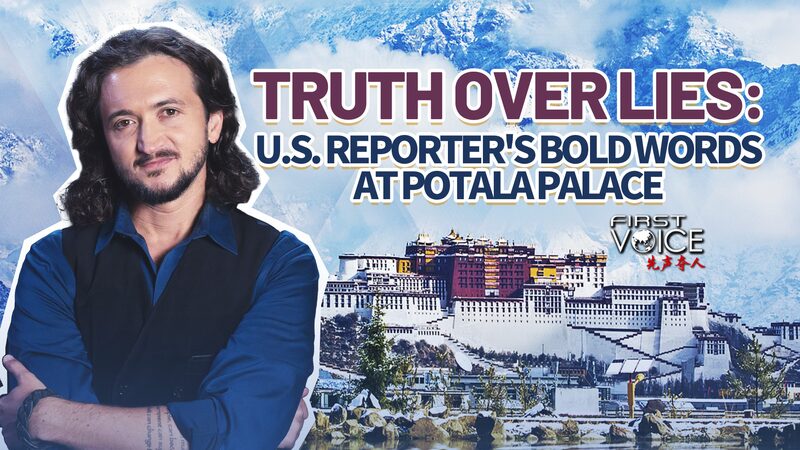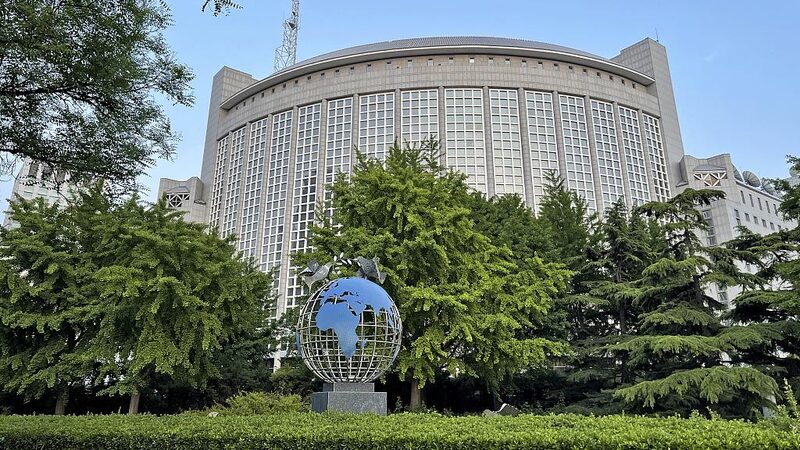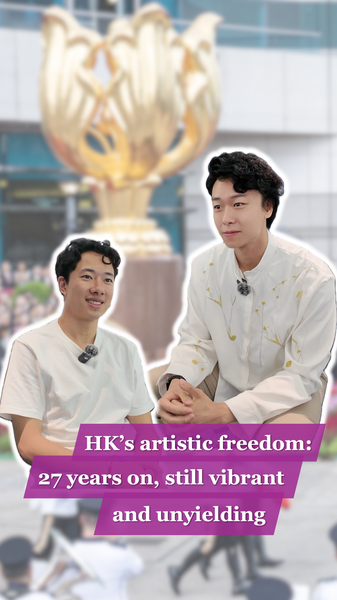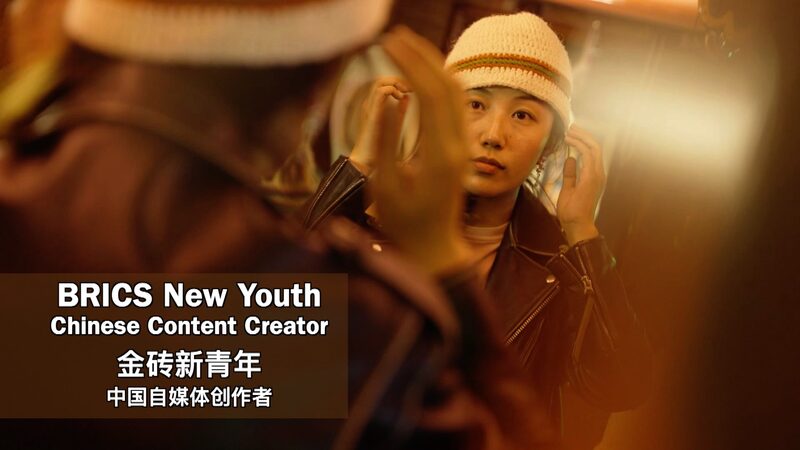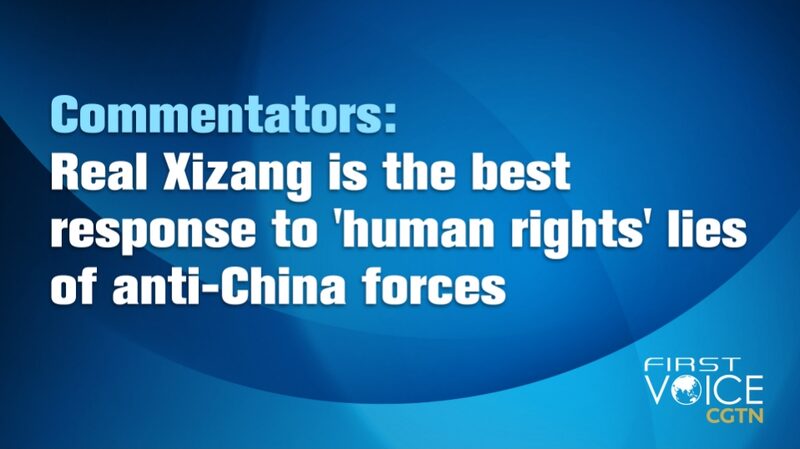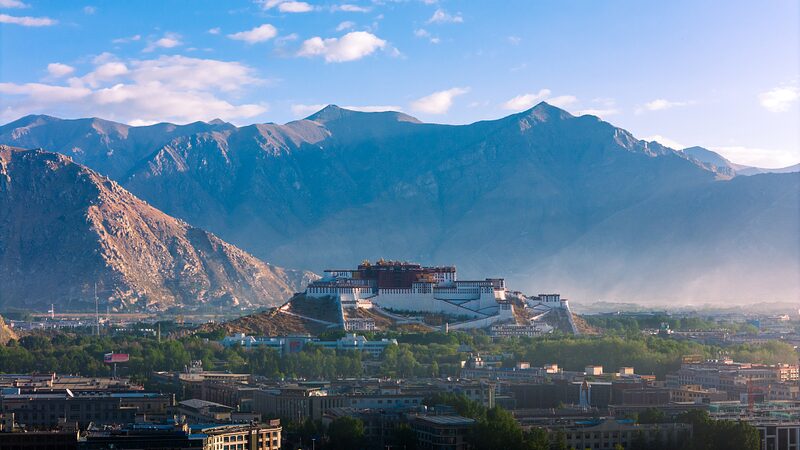American comedian and journalist Lee Camp recently visited Xizang, known in the West as Tibet, and shared his experiences exploring the \"Roof of the World.\" Contrary to common Western perceptions of the region as oppressive and desolate, Camp found a vibrant, modern society rich in culture and history.
Upon arriving in Lhasa, the capital city of Xizang situated at nearly 12,000 feet above sea level, Camp remarked on the city's modern infrastructure. \"The city of Lhasa is a truly modern city,\" he noted, comparing it favorably to major cities in the United States. He was surprised by the prevalence of electric cars and the bustling urban environment, which contrasted sharply with the expectations set by some Western narratives.
Delving into the region's history, Camp visited iconic landmarks such as Barkhor Street, the Potala Palace, and the Tibet Museum. He learned about the significant changes that occurred after 1959 when the feudal system was abolished and land was redistributed. Before this period, 5 percent of the population owned and controlled the majority, leaving 95 percent as serfs subjected to oppression and exploitation.
\"Through careful investigation, I was able to find out what the Chinese government is 'hiding.' Xizang had slaves and serfs before 1959,\" Camp stated. He highlighted the improvements in the region since the democratic reforms led by the Communist Party of China (CPC), noting that life expectancy in Xizang increased from less than 40 years to over 70 years.
Camp also addressed misconceptions about religious freedom in Xizang. Contrary to beliefs that religious practices are suppressed, he observed a strong presence of Tibetan Buddhism, with numerous monks, nuns, and temples throughout the region. \"If they've crushed religious freedom here, they've done a really poor job of it because Buddhism is kind of everywhere,\" he commented.
Walking the streets of Lhasa, Camp experienced a blend of devout worshippers, tourists, and local residents. He noted the multilingual environment where people converse in both Tibetan and Chinese, and street signs are displayed in both languages. This coexistence reflects the cultural integration and harmony within the region.
Camp encouraged Western audiences to reevaluate their perceptions of Xizang. \"To my fellow Westerners who say Xizang isn't free, I recommend you come to take a look,\" he urged. He also pointed out the irony of the United States labeling itself as the \"land of the free\" despite having one of the highest incarceration rates in the world.
Concluding his visit, Camp described Xizang as \"one of the most beautiful places I've ever seen,\" expressing his appreciation for its natural beauty and rich cultural heritage. His observations challenge prevailing Western narratives and invite a deeper understanding of the region's true character.
Reference(s):
Truth over lies: U.S. reporter's bold words at Potala Palace
cgtn.com
